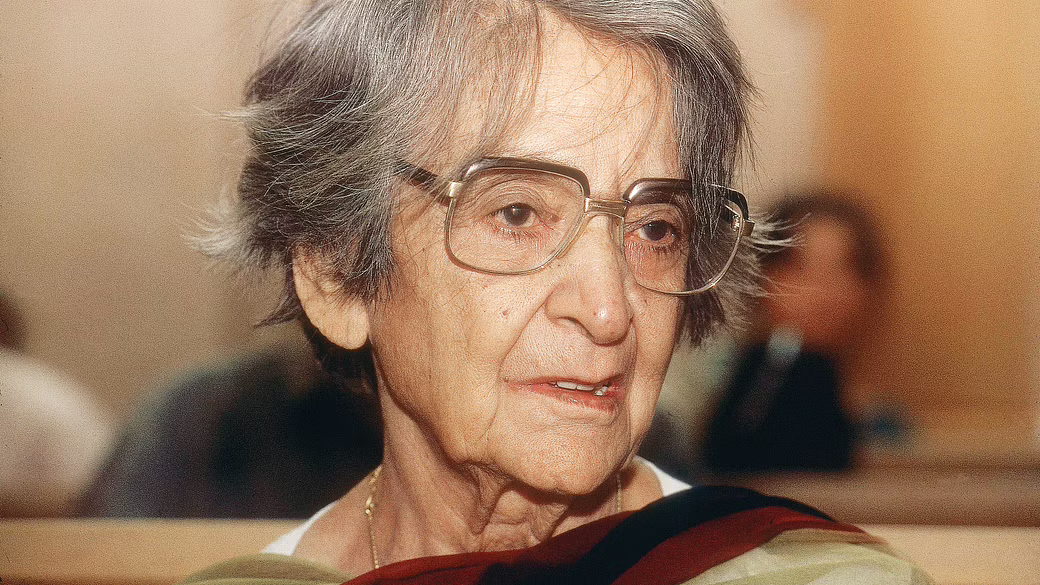A PLACE CALLED SCHOOL BY ANEES JUNG
SCHOOL FOR VAGRANT CHILDREN
School for homeless children of beach should be open spaces and not rooms say Philomena Dias from Goa who has one such school. When the author visits the school he is welcomed by the ruckus of the kids. They rush to shake hands with him. The tribal teacher from Orissa sits helplessly at the children unable to control them. The work of the teacher is to collect children beg and sell trinkets on the streets. The school does not have tables and is unclean. The children doesn't bother to clean their campus as they are used to living in dust. These shelter schools are set up to safeguard the children from the dangers of the beach. These schools are not permanent they keep shifting places. But these schools alone can't improve the life style of such children.
THE HOME OF TRUST
Home of trust-Aastha Niwas set up by Sunita. This is a home set up to elevate the life style of kids affected by HIV. These kids are affected either by them directly forced in sex business or their mothers' being sex workers. Many kids of sex workers don't know what their mothers are doing; a few which know were rescued before they could be forced into this field. Many affected children were trafficked and forced to this business even after knowing they were contracted. When rescued many girls were too weak to do anything. Here the children are given education, freedom and good care. All the children in this home consider Sunita as their foster mother. They are so happy at this home. They keep roaming around like butterflies, without knowing the truth that HIV is eating them up and they won't live longer.
Even to give them a decent funeral the cost was high than the funeral of a normal person. In this home they are free from abuse of men, non-violence. They have a space of their own and they enjoy learning new things. Already the girls have grown to maintain the house to do cooking, sewing etc. These girls affected by the patriarchy and abuse are willing to change and lead a normal life. They don't want to pass on their will life to their generation. Sunita's institution Prajwala was set up with a lot of struggle. Sunita received lots of pressures and threats. Amidst everything her institution rescues girls before they fall prey to the brothels. Indrani Sinha works in the institution in Kolkata which is another important sex trade center. Everybody is responsible for the plight of such children actively or passively. So Sunita wishes to be of help to them.
SCHOOL IN MAKING A CHILD- A"CHILD"
Walking on the road, or while waiting for the traffic signal, or as a customer in shops, still our hearts will sweep over the sight of a child selling, begging, or doing chores like an age-old laborer. But those tears will get dried up when that moment passes. The age which will mould us, forge our identity and an age which is not yet aware of the wicked world of the future, at that age those children with no other option will go out in the streets to earn a living. A beggar's child becomes a beggar, cleaner to a cleaner and the list goes on. The time he/she has to smell and taste the deliciousness of books, their hands will get hardened. A school, a far-fetched dream for them, Anne's Jung will reintroduce in them their childhood. The school is not just about blackboards, benches and desks but it's about living their childhood, making them groomed for tomorrow. Going through the multitude of lower sections in the society, the prime thing revealed in the essay is that a 'school' for them is an escape from the menial jobs their parents inherited, they will never have to carry the rubbish, to toil in the factories or to suffer a humiliating death. Knowledge is never restricted for a privileged section, as Tagore envisioned we need a world where "knowledge is free", where no child will be constricted from living as a child.
OAISIS IN RAG TOWN
It is also difficult to believe that these were the children who roam in streets picking garbage, duet covered on face and hands. The fact that they don't have desks or benches don't even bother them, there is no black board too. They see the discolored walls painted by children. It is that the children who have come here have left the garbage and developed into good children. She also asks a question do they miss fun roaming in streets. Do they? Some of them may be.
Like Phool and Miyan who misses the riding the bus in neighborhoods. For many of the girl children school is a break for home chores. but her sister ,staring at me with limpid brown eyes, likes to read ,brown uniform, it means she has combed her hair and tying the braids with red ribbons, she also means learning to read and write, rhymes, making new friends and talking those who have began to love school dread. What will happen if after a year it closes down for shortage of funds? Will they return to rag picking? The municipal school nearby is as good as non functional and it's gates are often closed even if the teacher is absent or present is either drunk or tired. but here school things are different with mid day meal, books and uniforms the teacher here knows each child by name, they are not treated differently because they are rag pickers there they don't have school for 200 children there is only one teacher don't we need schools they are not god owns meant for animals.
Adults must work longer hours and spare the child says neeti. Parents now began to understand this. According to neeti problem is not with them but with the system that does not recognized children as children. The child of a rag pickers is good to work the moment because he has 2 legs to walk and 2 hands to pick the rubbish, but when he grows older he began to steal or fight for food. He may also turn in to a petty criminal. This kind of cruelty, neeti believes grows out of an environment of poverty and degradations where a child is not treated as child.
They must be treated as children and angels. They need education in a proper way. They could weigh hand on the greatest stars and the moon. They must shine like them allover. The sweet and cute feather need to be taken care of soft hands with education thrown.
School is a place to learn for the privileged whereas it's a refuge from reality for the underprivileged. It is a refuge that gives hope and teaches them to dream of something better. A place where the harsh world isn't closing in on them. For these children education is a privilege. They look at school as a magic that opens the door to a world of possibilities. Oftentimes these children are put in dilapidated buildings named schools. A place that lacks tables, benches, boards etc. The count of students is twice that of teachers. These kids come to school eager to study or atleast escape their homes where the physical labour has broke their fragile backs. These are children without a childhood. They try to place their foot firmly enough to stand only to topple at every step. They are put to work from a very young age.
The parents find it difficult to understand the concept of education, something that would improve the quality of their lives. They were good with the money the tiny hands brought in. But slowly with the meal plans and a few similar profitable plans the parents were more open to the idea of school. Then they realised that the kids were learning and the knowledge and stories they brought home prompted the parents to gradually realise the importance of education. Slowly they accepted education as a steadier source of income as compared to subjecting their kids to child labour.









Great . Congratulations
ReplyDelete